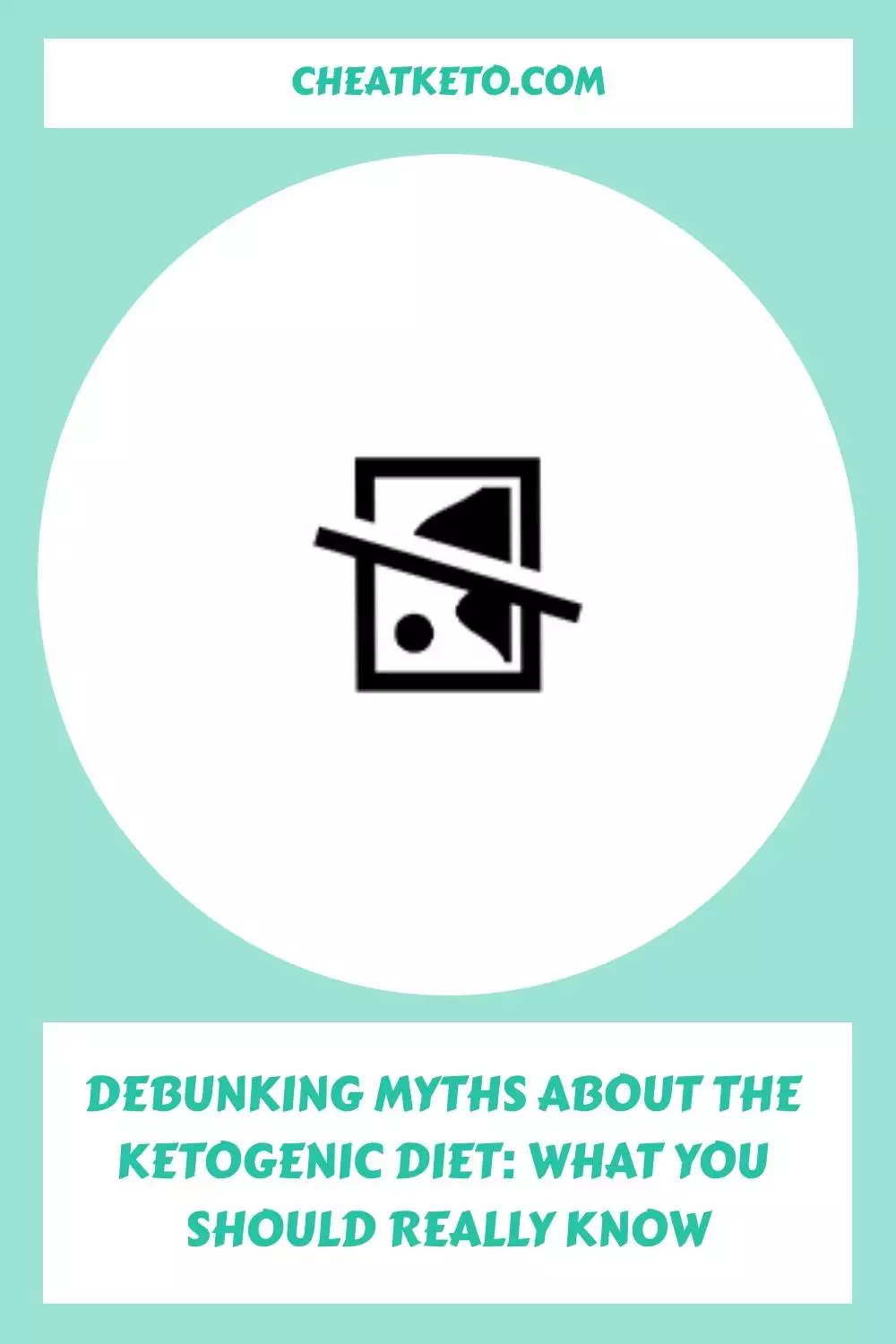Debunking Myths About the Ketogenic Diet: What You Should Really Know
The keto diet has become increasingly popular in recent years, but there are still many misconceptions about what it involves and whether it’s a healthy choice. In this article, we’ll debunk some of the most common myths surrounding the ketogenic diet and provide you with the facts you need to make an informed decision about your own nutrition.
Introduction to the Ketogenic Diet
The ketogenic diet is a low-carb, high-fat diet that was originally developed as a treatment for epilepsy. It works by putting the body into a state of ketosis, which means that instead of using glucose (from carbs) for energy, the body burns fat stores for fuel. This can lead to rapid weight loss and improved blood sugar control, among other benefits.
The Benefits of a Balanced Ketogenic Diet
While the keto diet is often associated with quick fixes and fad diets, there are actually many potential benefits to following a balanced ketogenic diet long-term. These include:
Rapid weight loss: The keto diet has been shown to promote faster weight loss than traditional low-calorie diets.
Improved blood sugar control: By reducing carbohydrate intake, the keto diet can help improve insulin sensitivity and reduce the risk of type 2 diabetes.
Reduced inflammation: Many people on the keto diet report reduced joint pain and other symptoms of chronic inflammation.
Better mental clarity: Some studies suggest that the keto diet may improve cognitive function and memory.
Common Myths About the Ketogenic Diet Debunked
Despite its growing popularity, there are still many misunderstandings about the ketogenic diet. Here are three common myths – and why they aren’t true:
1. Myth: The keto diet is dangerous because it’s too high in saturated fat.
Reality: While it’s true that the keto diet encourages consumption of saturated fats like butter and coconut oil, research shows that these foods don’t increase heart disease risk when consumed in moderation. In fact, studies have found that the keto diet may actually lower cholesterol levels and decrease cardiovascular risk factors.
2. Myth: The keto diet doesn’t allow any fruit or vegetables.
Reality: While the keto diet does restrict certain types of carbs (like grains and sugary fruits), it still allows plenty of room for leafy greens and other non-starchy veggies. In fact, many people find that their overall produce intake increases while on the keto diet!
3. Myth: The keto diet will leave me feeling deprived and hungry all the time.
Reality: While the keto diet can be challenging at first, many people find that once they adapt to the new way of eating, they feel more satisfied and less hungry between meals. Plus, there are plenty of delicious recipes out there that fit within the guidelines of the keto diet.
Conclusion: What You Need to Know About the Ketogenic Diet
Ultimately, whether or not the ketogenic diet is right for you depends on your individual needs and goals. However, if you’re considering trying the keto diet, make sure to do so under the guidance of a qualified medical professional who can ensure that you stay safe and healthy throughout the process. And remember – as with any diet, balance and moderation are key to achieving lasting results.

